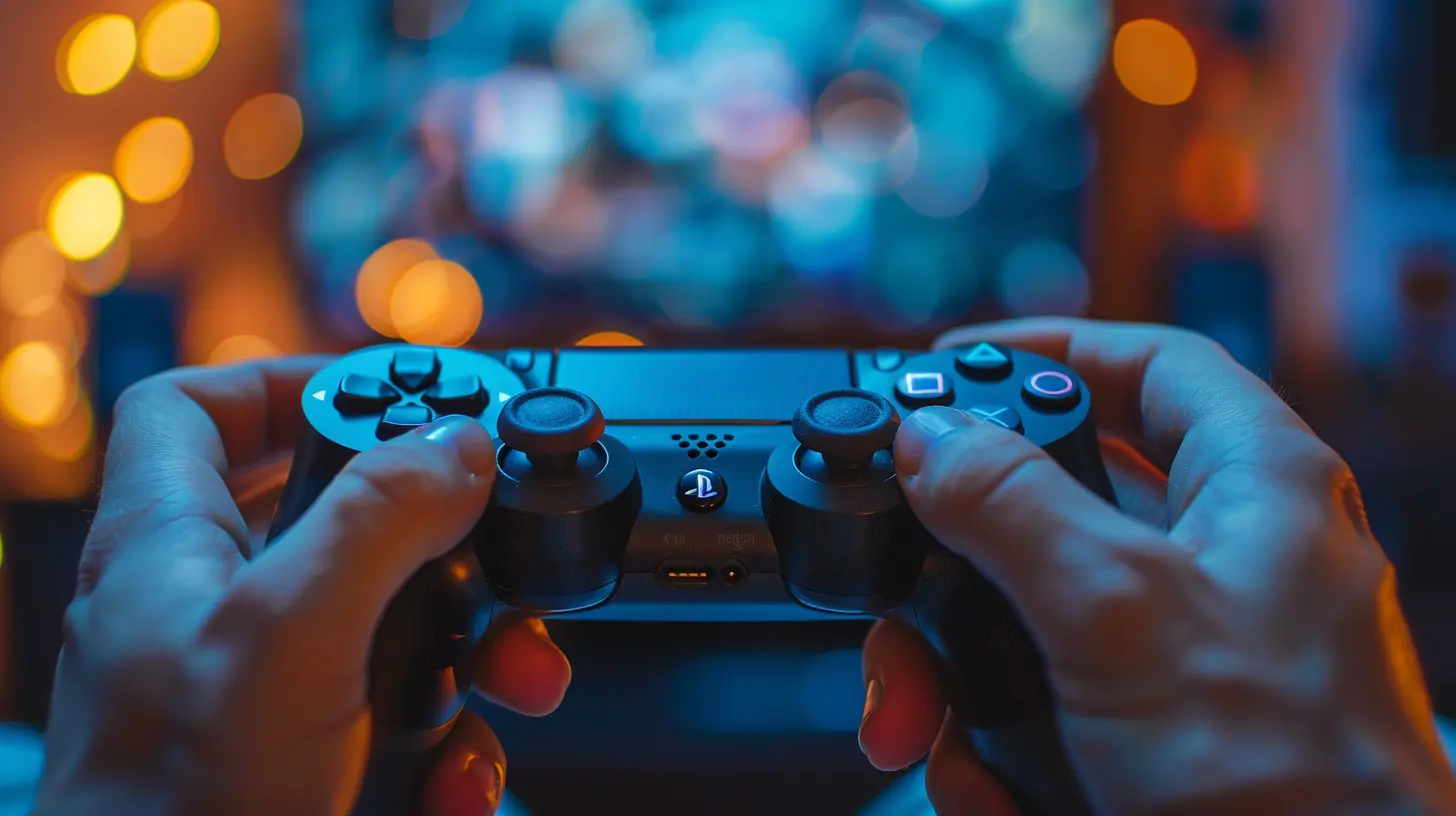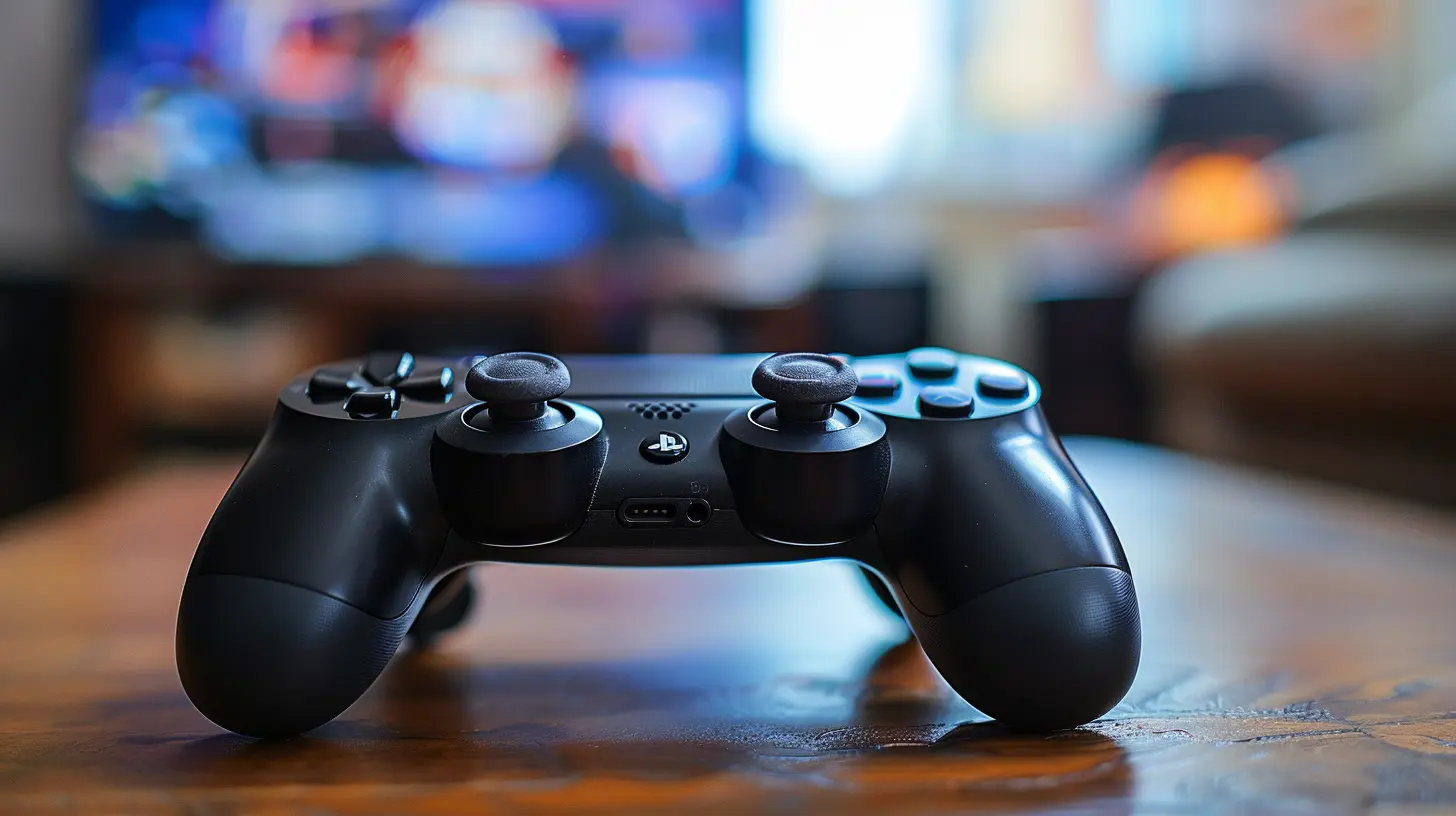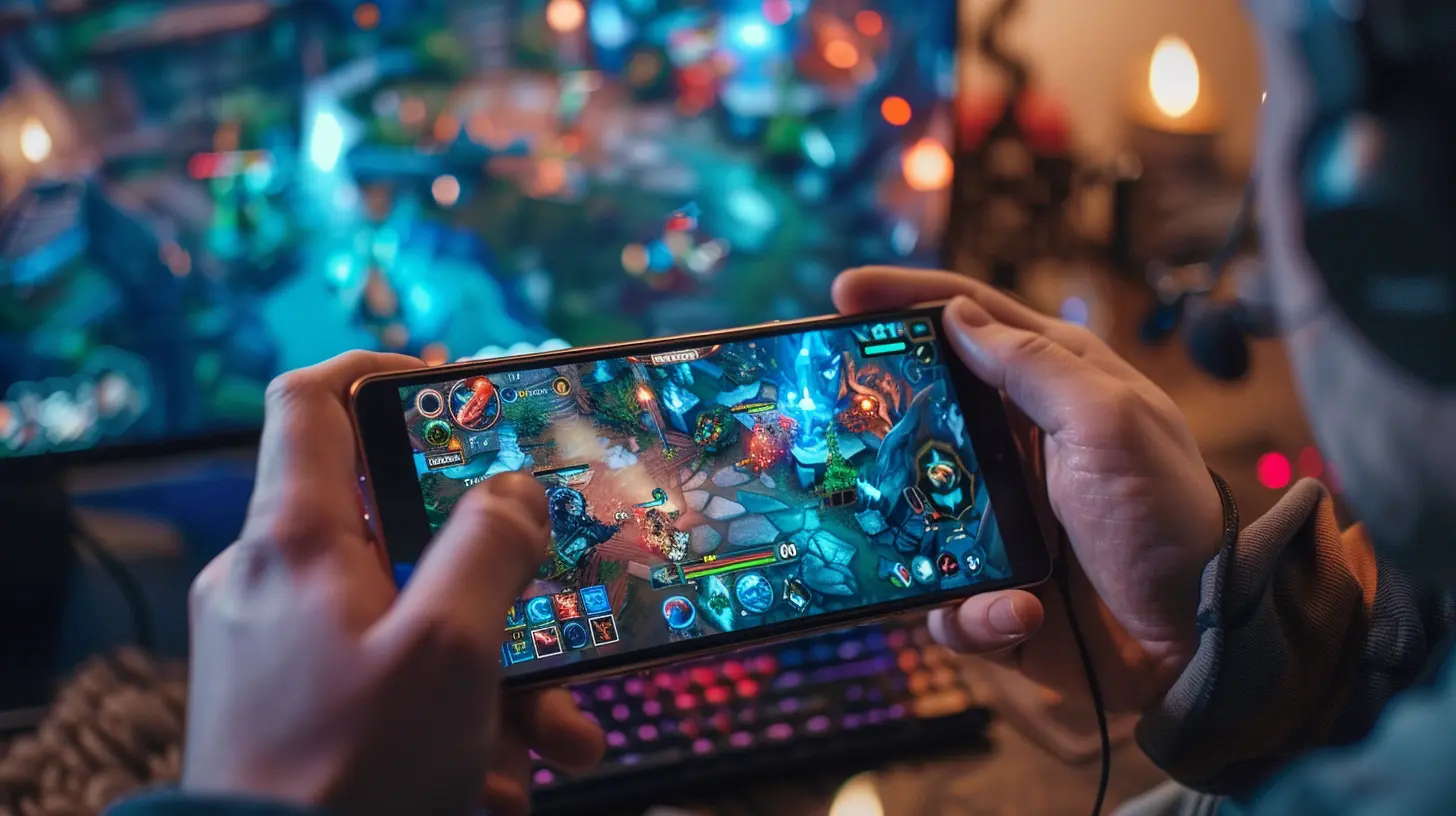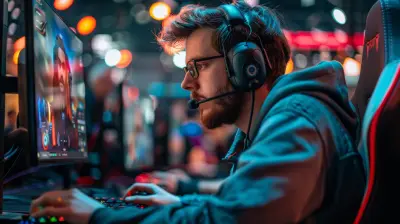Creating a Local Gaming Tournament: Steps to Get Started
7 May 2025
So, you’re passionate about gaming and have always dreamed of creating your own gaming tournament. Maybe you've been inspired by watching epic battles unfold in massive eSports events, or perhaps you're just looking for an excuse to gather your gaming community and prove who's the best. Either way, hosting a local gaming tournament is an awesome way to bring people together and celebrate the games you love. But where do you even start? Don’t worry—I've got you covered!
In this guide, we’ll break down everything you need to know to pull off a successful local gaming tournament. From planning and logistics to promotion and execution, I've got all the details you need to make your event a hit.
Why Host a Local Gaming Tournament?
Before we dive into the nitty-gritty, let’s talk about the why. Hosting a gaming tournament is more than just organizing a day of fun—it’s about building a sense of community, establishing connections, and creating memories that stick. Plus, it’s a chance to showcase your skills (or witness some crazy gameplay from others).And hey, if the tournament goes well, maybe this is the first step toward becoming a local eSports legend. Who knows, right?
Step 1: Decide on Your Game(s)
Alright, first things first—what game are you going to feature in your tournament? This decision will guide the rest of your planning. Think about your target audience and the games they’re most likely to enjoy. Are you leaning toward popular competitive games like Super Smash Bros., Call of Duty, League of Legends, or FIFA? Or maybe you want to focus on retro games or niche titles.Here are a few things to consider when choosing your game(s):
- Popularity: Is the game popular enough to draw participants?
- Accessibility: Do potential players already own the game and the required hardware?
- Player Base Size: Will you go with team-based games or solo competitions?
- Complexity: Does the game have clear rules and a fair competitive edge?
Pro Tip: Stick to one or two games for your first tournament, especially if you’re new to organizing events. It’ll make things a whole lot easier.
Step 2: Set Your Budget
Let’s face it—running a gaming tournament isn’t free. That’s why you need to make a budget right off the bat. Your budget will determine everything from the venue to prizes, so it’s essential to figure out how much money you’re working with. Are you funding the tournament out of pocket? Or will you be charging entry fees or finding sponsors?Here’s a quick breakdown of common expenses:
- Venue rental (if applicable)
- Gaming equipment (consoles, PCs, controllers, adapters, etc.)
- Prizes (cash rewards, trophies, gaming merch, etc.)
- Marketing and promotion (social media ads, flyers, etc.)
- Snacks and refreshments (optional, but always a nice touch)
- Miscellaneous costs (cables, decorations, or unforeseen expenses)
Remember: You don’t have to splash out on a big-budget event. Start small, and grow from there.
Step 3: Choose the Right Venue
Now that you’ve got your budget sorted, it’s time to pick a place to host the tournament. If you’re expecting a small group, your living room or a friend’s basement might do the trick. But if you’re inviting a larger crowd, you’ll want to find a venue that’s both spacious and accessible.Venue Ideas:
- Community centers- Local game stores
- Libraries (some even have gaming rooms!)
- School gymnasiums or auditoriums
- Cafes or co-working spaces
- Bars with gaming areas or night-themed events
When scouting venues, keep these in mind:
- Space: Does it comfortably fit your expected crowd? Can you set up gaming stations without things feeling cramped?
- Internet Connection: If your games will run online, a strong and reliable connection is a must.
- Electricity Access: Are there enough outlets for all your devices? A power strip or two can go a long way!
- Accessibility: Make it easy for players and spectators to attend—think about parking spaces, public transport, and wheelchair access.
Step 4: Create the Rules and Format
Every great tournament needs structure. The rules and format you choose will set the tone for a fair competition. Are you going for a classic single-elimination bracket? A round-robin format? Or maybe even a double-elimination bracket (for a little extra spice)?Think about these elements:
- Match length: Will you have best-of-three or single matches?
- Seeding: How will players be placed in brackets? Random, skill-based, or first-come, first-served?
- Tiebreakers: What happens if there’s a tie?
- Code of Conduct: How will you handle unsportsmanlike behavior? A clear policy will make your life easier.
Pro Tip: Make the rules crystal clear and share them with your participants in advance. The fewer surprises, the smoother things will run.
Step 5: Secure Equipment
This step can’t be overstated—having the right gear is everything. The last thing you want is for players to show up only to discover there aren’t enough controllers or that the PCs can’t run the game properly. Yikes.Here’s what you’ll likely need:
- Consoles or gaming PCs
- Controllers/keyboards/mice
- Monitors or TVs
- Cables, adapters, and power strips
- Backup equipment (in case something breaks mid-game)
If you don’t own enough gear, don’t freak out. You can:
- Ask participants to bring their own equipment (but ensure compatibility first).
- Rent gaming equipment from local shops.
- Borrow from friends or community members.
Step 6: Get Sponsors… or Fund It Yourself
Getting sponsors can seriously level up your tournament with better prizes, promotion, and even some extra cash to cover costs. Sponsors don’t have to be massive corporations—local businesses, game stores, and even gaming cafes might be willing to support your event in exchange for advertising opportunities.No luck finding sponsors? No problem! You can raise funds by charging an entry fee or selling tickets to spectators. Just be upfront about how the money will be used (e.g., for prizes or venue costs).
Step 7: Promote Your Tournament
Even the best-planned tournament won’t succeed if no one shows up. That’s where promotion comes in. Luckily, social media makes it easier than ever to get the word out. Create a Facebook event, post on Instagram, and tweet like your life depends on it. If you’ve got a gaming community (online or offline), that’s your first target audience.Here are more ideas to spread the word:
- Share flyers at local game stores, schools, or cafes.
- Leverage gaming forums, Discord channels, or Reddit communities.
- Partner with Twitch streamers or content creators who can reach your target audience.
- Use hashtags to amp up visibility. For example: #GamingTournament, #SmashBrosEvent, etc.
Step 8: Host the Tournament (And Have Fun!)
It’s game day! Your job now is to keep things running smoothly and make sure everyone is having fun. Arrive early to set everything up, test the equipment, and sort out any last-minute hiccups. Assign someone to help manage brackets and keep track of scores—it’s hard to do this and play the role of host.A few pro tips for tournament day:
- Stick to the schedule. Gaming tournaments can drag if matches fall behind.
- Prepare a backup plan for technical issues.
- Engage with the audience. Whether you’re joking on a microphone or hyping up intense matches, energy is contagious.
- Capture the moment! Take photos or stream the tournament live for people who couldn’t attend.
Step 9: Wrap It Up With Prizes and Recognition
At the end of the day, your participants will want to know their hard work didn’t go unnoticed. Hand out prizes, even if they’re small, and recognize the top players. Trophies, medals, gaming gift cards, or even simple bragging rights can go a long way in making the event memorable.Don’t forget to thank your participants, sponsors, and anyone who helped make the event a reality.
Final Thoughts
Running a local gaming tournament might sound intimidating, but remember: it’s all about the experience. Even if things don’t go perfectly—and let’s be honest, they rarely do—it’s still a chance to bring people together and celebrate the games you love. Start small, learn from your mistakes, and who knows? This might be the first of many epic tournaments you run. Good luck, and happy gaming!all images in this post were generated using AI tools
Category:
TournamentsAuthor:

Audrey McGhee
Discussion
rate this article
4 comments
Bellamy McDowell
Great tips for organizing tournaments!
May 16, 2025 at 4:27 AM

Audrey McGhee
Thank you! I'm glad you found the tips helpful!
Vito McKay
This article is a fantastic guide for anyone looking to foster community through gaming. Remember, every tournament starts with a single passion—your effort can bring joy and connection to others. Good luck!
May 12, 2025 at 4:48 AM

Audrey McGhee
Thank you! I'm glad you found the article helpful. Your encouragement means a lot, and I hope it inspires many to connect through gaming!
Kennedy Vance
Community engagement fuels lasting success!
May 11, 2025 at 2:37 AM

Audrey McGhee
Absolutely! Engaging the community fosters connections, boosts participation, and ensures the tournament's long-term success.
Diana McVey
Great guide! Focus on clear communication with participants and ensure reliable equipment. Building a positive community atmosphere can make your tournament truly memorable!
May 10, 2025 at 3:54 PM

Audrey McGhee
Thank you! Clear communication and reliable equipment are indeed key, and fostering a positive community will enhance the tournament experience for everyone.



